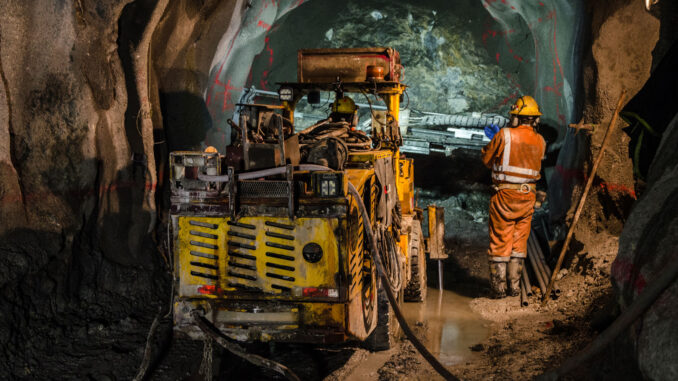
venture, is in transit to the port but has been delayed, Kazatomprom said in the production update.
“As it is the first time the TITR [trans-Caspian]-related jurisdictions are reviewing such [JV] arrangements, there is an elevated risk of transportation delays,” the company said.
According to Batyrbayev’s presentation slides, Kazatomprom is “currently ensuring that [the trans-Caspian route] has the capacity to potentially accommodate greater quantities for both Kazatomprom and its JV partners.” In the update, Kazatomprom said its agreements with authorities in the countries through which this route passes were for only 3,500 mtU.
In addition to physical deliveries, “Kazatomprom maintains inventories at western converters and has the ability to negotiate swaps with market participants to help mitigate potential risks to Kazatomprom’s deliveries to its western customers,” Batyrbayev said in the slides.
Responding to a question, he said Kazatomprom would “definitely consider air transport, as long as freight costs are high enough.” One issue with such shipments is “how much [uranium] a plane can carry,” Batyrbayev said.
Two more alternate routes
The Kazakh producer said that it is now considering two more alternate routes for transporting uranium.
The first route follows the trans-Caspian route to Baku. Instead of moving overland to Poti, the route heads southwest through Turkey to the Port of Mersin on the Aegean Sea, potentially cutting down travel time. The company is speaking with Turkish officials about the potential to deliver material through that country, he said.
In the second, uranium would travel through Kazakhstan to the Alashankou Comprehensive Bonded Zone, a border crossing between China and Kazakhstan that has been proposed as a future trading hub by Chinese uranium officials.
“Talks are ongoing with China for a couple of years” to set up a land route from Alashankou through China to Shanghai and then on to other countries, Batyrbayev said.
Kazakh uranium has been shipped from Alashankou to Chinese conversion plants for some time.
“We have to be a little more patient,” he told the NEI audience, noting that establishing the Shanghai route “is more challenging” than the trans-Caspian one.
The Shanghai route “will require a lot of legislative changes” to China’s internal transportation regulations, he said. But China “has all the infrastructure” in place to support it, Batyrbayev added.
Separately, regarding Alashankou, the Kazatomprom official said a 3,500 mtU bonded warehouse to support the zone’s establishment as a U3O8 trading hub has been completed. He said that by 2026 the warehouse will store more than 23,000 mtU, noting that the amount would total more than Kazakhstan’s annual uranium production.



